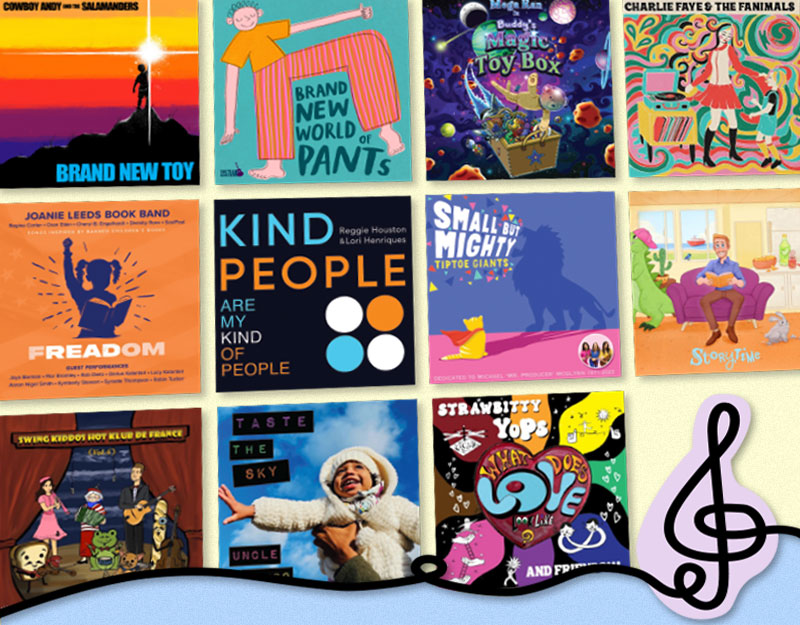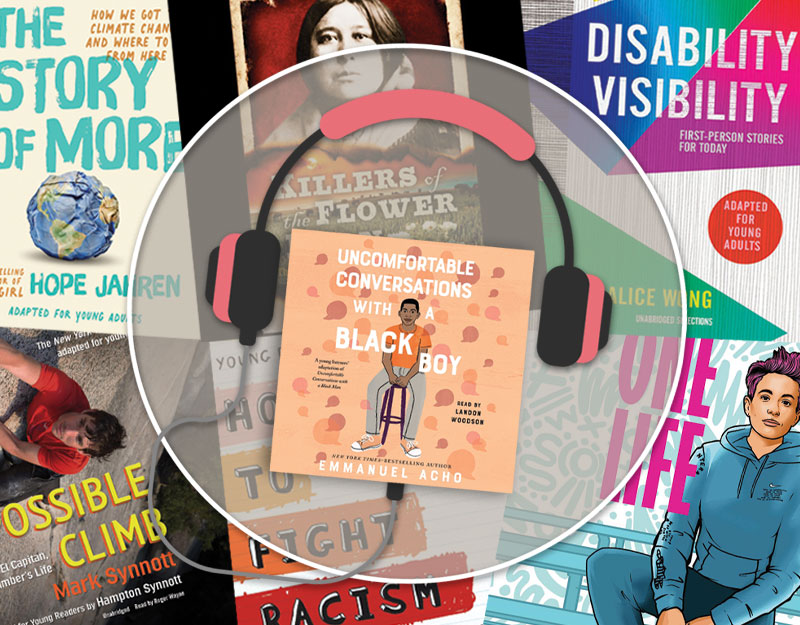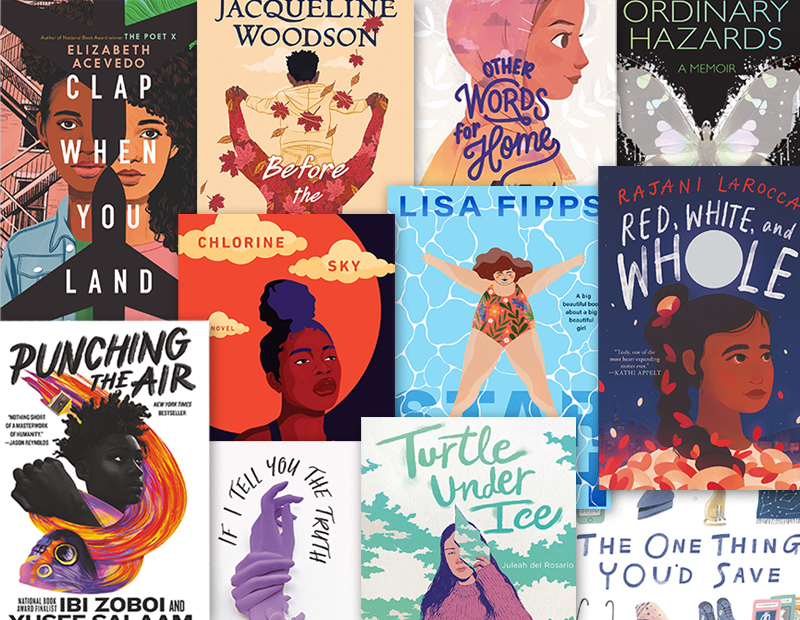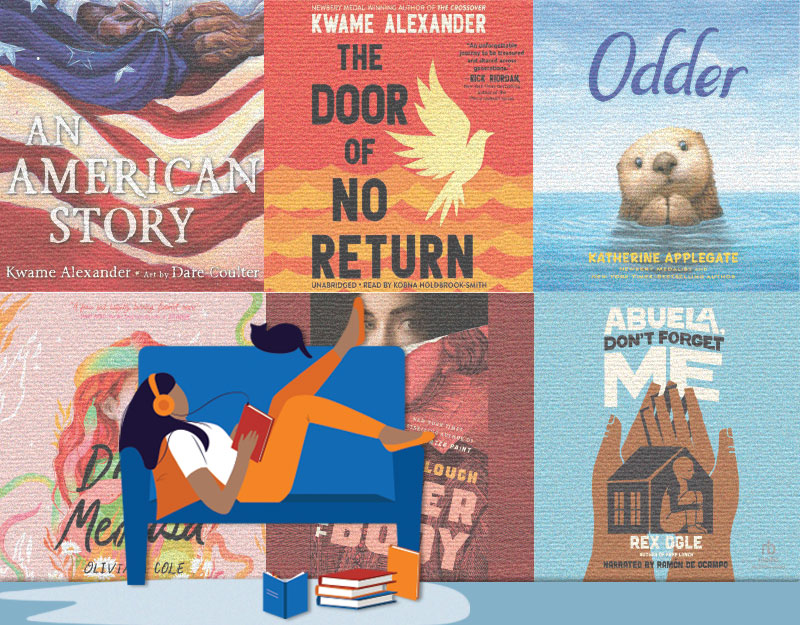Fuse 8 n’ Kate: Minisode with Phil Nel

Summer is almost over, the children are off to school again, and those of us able to take last minute vacations are doing so with gusto. All this is to say that we figured now was a perfect time to release our first “minisode”. We came up with the “minisode” name when we thought it would be shorter than our usual length. But then I got it into my head to talk to renowned children’s literature scholar Phil Nel for our first minisode and, naturally, it blossomed into a full-blown episode length. But when you hear all the things Phil has to say, you’ll have to agree that it was worth it.
In this episode, Phil and I discuss our previous episode regarding The Cat in the Hat. Phil is perhaps the best person to speak to on the subject, having edited The Annotated Cat in the Hat as well as writing the book Was the Cat in the Hat Black?
ADVERTISEMENT
ADVERTISEMENT
Please note that while my voice is a bit herky jerky at the beginning of the episode, Phil’s is not, and since he’s doing most of the talking, I’d say it was worth hearing my poorly recorded side of the conversation.
Listen to the whole show here on Soundcloud or download it through iTunes, Stitcher, Google Play, PlayerFM, or your preferred method of podcast selection.
Filed under: Fuse 8 n' Kate
About Betsy Bird
Betsy Bird is currently the Collection Development Manager of the Evanston Public Library system and a former Materials Specialist for New York Public Library. She has served on Newbery, written for Horn Book, and has done other lovely little things that she'd love to tell you about but that she's sure you'd find more interesting to hear of in person. Her opinions are her own and do not reflect those of EPL, SLJ, or any of the other acronyms you might be able to name. Follow her on Twitter: @fuseeight.
ADVERTISEMENT
ADVERTISEMENT
SLJ Blog Network
2024 Books from Pura Belpré Winners
Winnie-The-Pooh | Review
Parsing Religion in Public Schools
Finding My Own Team Canteen, a cover reveal and guest post by Amalie Jahn
ADVERTISEMENT








Thank you for this interesting podcast. Professor Nel, believe it or not, many of us do understand that nice people can harbor racism and that some people may be reluctant to admit the racist underpinnings of their own culture. Having said that, taking issue with any of your conclusions does not necessarily amount to finding your ideas “difficult to accept,” or simply being unwilling to reflect on our own biases. We may do that, and still disagree with some of your points. As for Dr. Seuss as the “woke white guy who isn’t as woke as he thinks he is,” I could only apply the term “chutzpah” to that statement, which no one can, by definition, refute at this point, long after the end of his long life and career. As for your prescription for which books by Dr.Seuss can be safely taught, there is a real difference between works that are overtly racist and books, such as “Cat,” that have some of their many sources tainted by racist tropes and practices. I am Jewish, and I were to throw on the bonfire all the books from the past which have antisemitic elements, I would have little left before the late 20th or the 21st century. I am actually able to look back on childhood favorites, like “Little Women” and “Anne of Green Gable,” with both nostalgia and respect, even as I can clearly see the antisemitic elements which they contain. There is a patronizing note in your assertion that readers are necessarily drenched in nostalgia and cannot see the racism which you are able to analyze.
Finally, you allude to German antisemitism at the end of the podcast, a topic which I would hope would be obvious to most listeners. I remain troubled that, in your discussion of Dr. Seuss’s racism, you pay only cursory attention to his really unusual and highly principled stance against antisemitism during the peak of American isolationism, when most Americans, (and a higher percentage of German Americans, like Geisel) wanted nothing to do with sounding a warning about Hitler’s murderous plans for the Jewish people. It does not correct for his racism, but if you purport to write so exhaustively about his career, it would seem to merit more attention. Antisemitism is as pervasive as other types of racism and prejudice, and, apparently, it can be just as difficult for even noted scholars to admit is a significant problem.
Thank you so much, Emily. So well stated.
This was SUCH a great, thoughtful discussion! Phil is awesome, thanks for having him on, Betsy!